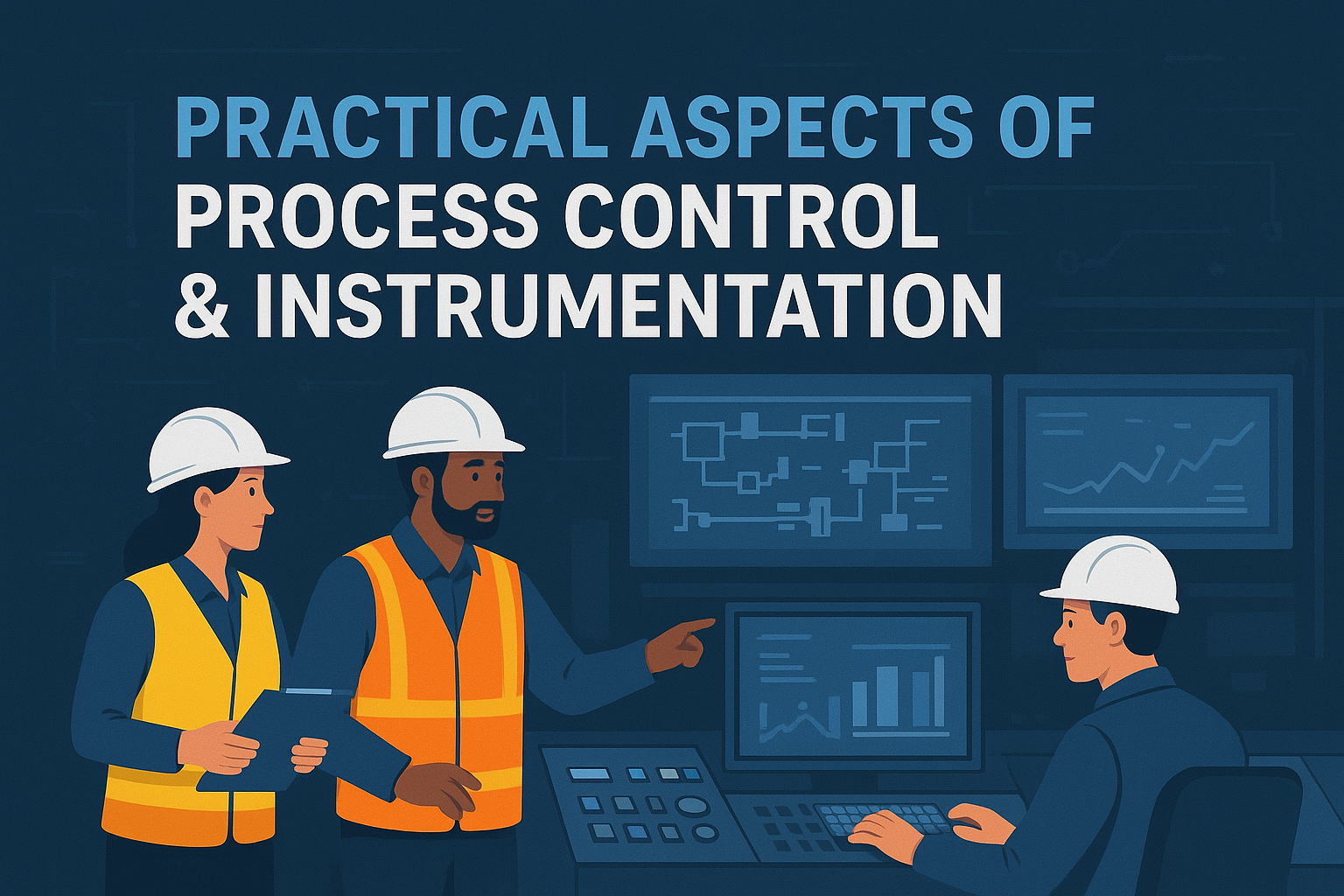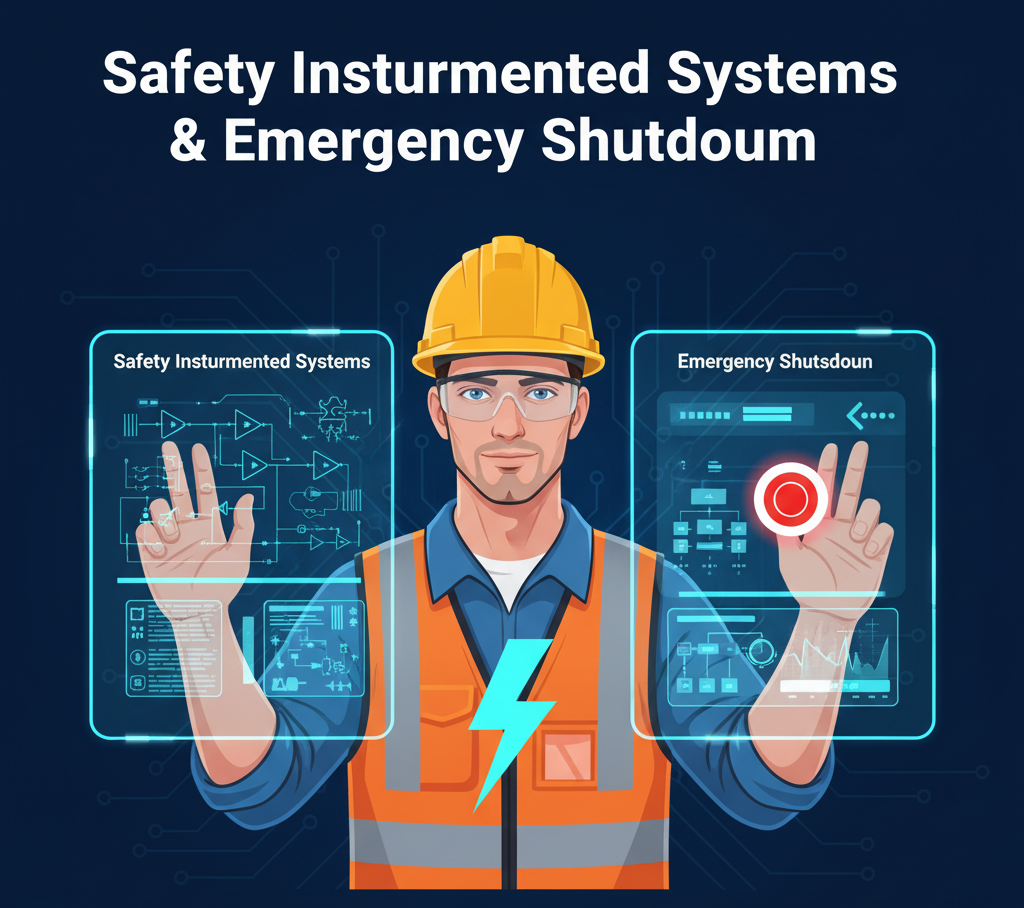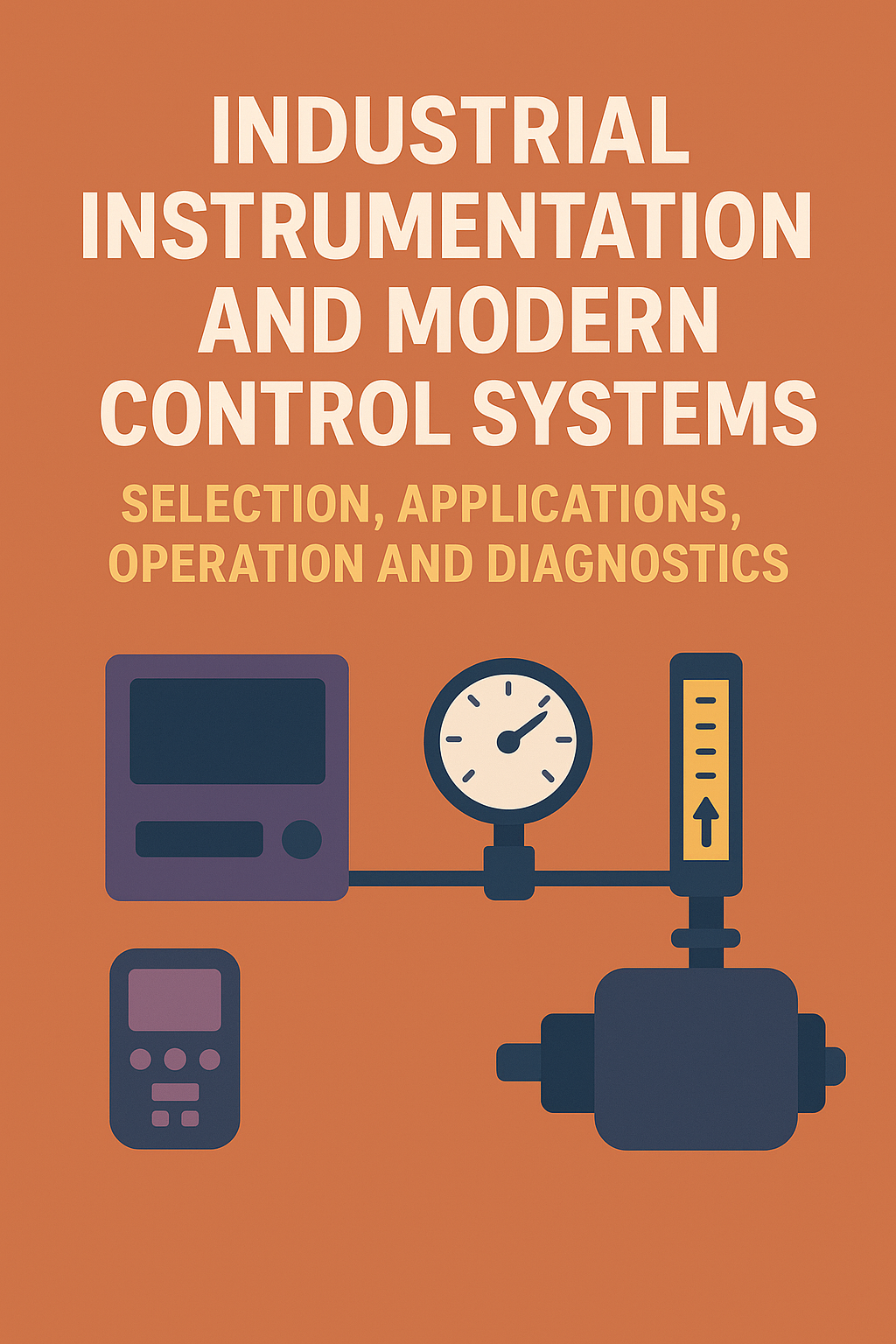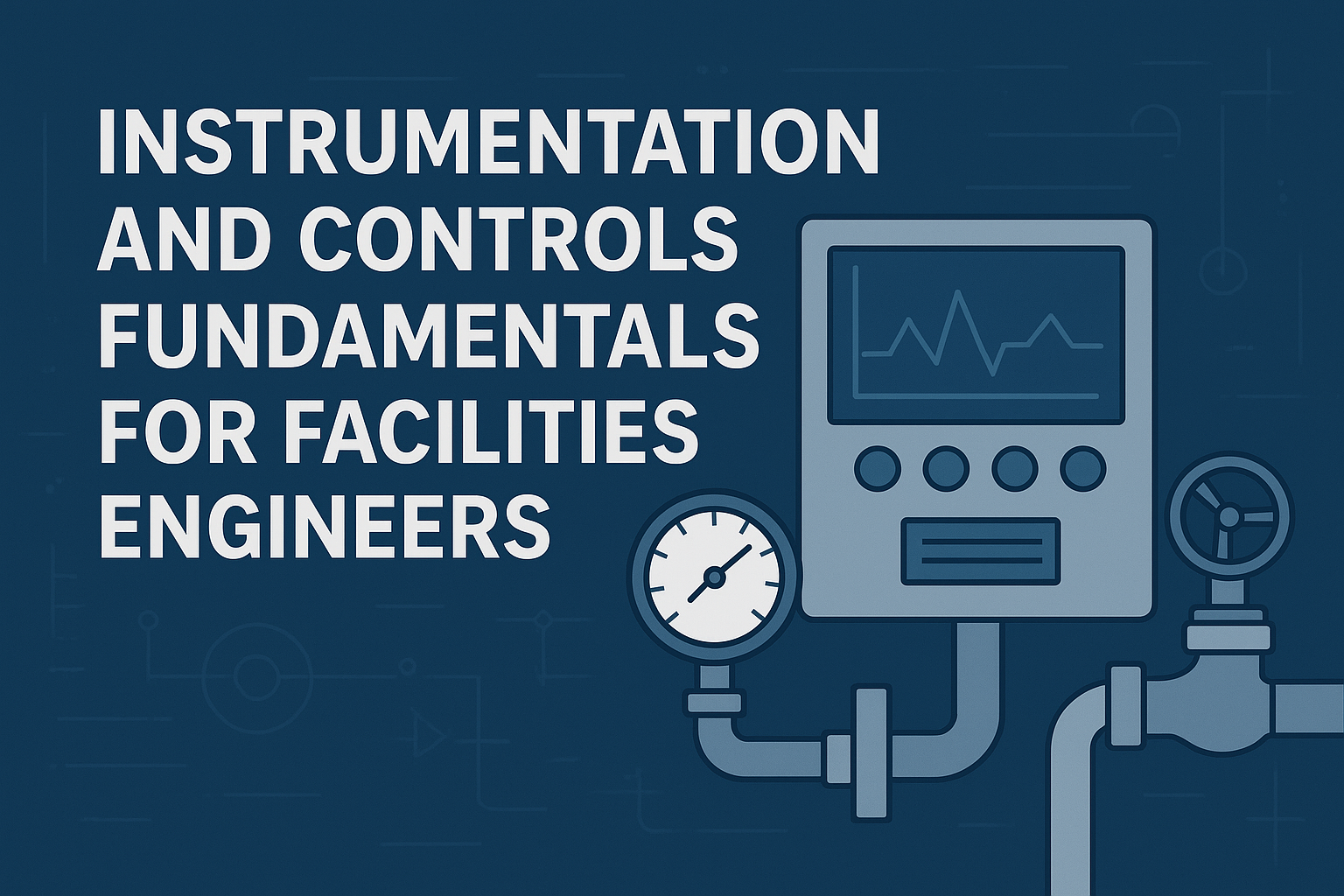

To provide the participants with a better understanding of the control instrument and the problems related to their use.
At completion of the course, the participants:
All those working on process plants who are familiar with the general purpose of process measuring instruments and control equipment. This will include process operators and trainee instrument technicians and engineers on all types of oil, gas and chemical plants. This short intensive course is aimed at operators, technicians and engineers who are currently employed in these industries and require further information on the equipment that they will use.
This interactive Training will be highly interactive, with opportunities to advance your opinions and ideas and will include;
1) THE CONTROL LOOP: Function and constitution of control loops and on/off control systems, Pneumatic, electrical and digital control loops. Power supply, signal transmission (tubes, cables, bus, optical fibers,) and conversion. Tags and symbols.
2) SENSORS: Accuracy and tuning of measuring devices.
3) Temperature measurement: temperature scales, non-electrical thermometers, electrical measuring devices.
4) Pressure measurement: measurement units, devices for local reading or for transmission, pressure gauge installation.
5) Flow measurement: measurement units, head meters, other principles and devices: electromagnetic and ultrasonic meters, vortex effect, Coriolis Effect.
6) Level measurement: level glass, float-actuated and displacer devices.
Other principles and devices: radioactive, capacitance, ultrasonic and radar devices, differential pressure cells.
7) Safety devices: two-position sensors, position sensors, temperature and pressure sensors.
8) TRANSMITTERS
9) CONTROL VALVES
10) CONTROL LOOP IMPLEMENTATION
11) DISTRIBUTED CONTROL SYSTEM (DCS)
12) SAFETY SYSTEM LAYOUT
CDGA attendance certificate will be issued to all attendees completing minimum of 80% of the total course duration.
| Code | Date | Venue | Fees | Register |
|---|---|---|---|---|
| IE116-01 | 08-02-2026 | Muscat | USD 5450 | |
| IE116-02 | 10-05-2026 | Dubai | USD 5450 | |
| IE116-03 | 13-09-2026 | Manama | USD 5450 | |
| IE116-04 | 15-11-2026 | Kuala-Lumpur | USD 5450 |

The Safety Instrumented Systems & Emergency Shutdown Training aims to provide participants with a comprehensive understanding of safety instrumented systems (SIS) and emergency shutdown (ESD) systems. ...

This seminar will provide a comprehensive understanding of modern control systems, digital control, distributed control systems (DCSs), supervisory control and data acquisition (SCADA) systems, indust ...

The control of processes in today’s oil, gas and chemicals industries requires accurate knowledge of process conditions and this in turn means accurate measurement of those conditions. Without measure ...
Providing services with a high quality that are satisfying the requirements
Appling the specifications and legalizations to ensure the quality of service.
Best utilization of resources for continually improving the business activities.
CDGA keen to selects highly technical instructors based on professional field experience
Since CDGA was established, it considered a training partner for world class oil & gas institution
3012, Block 3, 30 Euro Business Park, Little Island, Co. Cork, T45 V220, Ireland
Mon to Fri 09:00 AM to 06:00 PM
Contact Us anytime!
Request Info